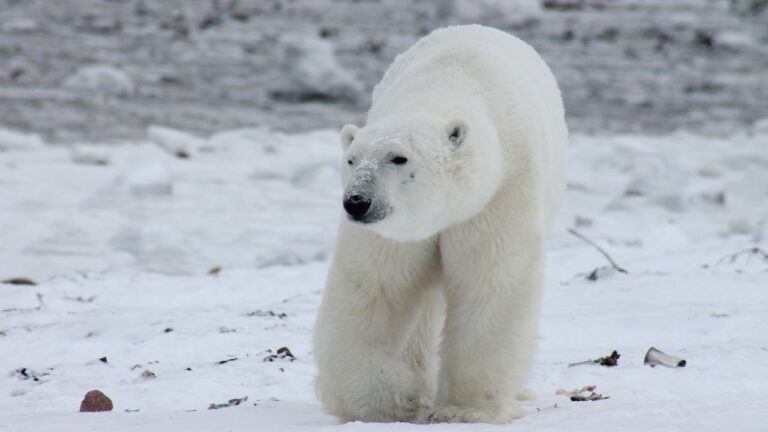
India, the third-largest emitter of greenhouse gases globally, has been ranked 176th out of 180 countries in the 2024 Environment Performance Index (EPI). This annual assessment, released on June 5 by the Yale Center for Environmental Law and Policy and the Columbia Center for International Earth Science Information Network, highlights India’s significant challenges in air quality, projected emissions, and biodiversity and habitat preservation.
Slight Improvement from Previous Rankings
This year’s ranking shows a mild improvement from the last EPI report, where India was at the bottom. The EPI evaluates 58 indicators across three main categories: ecosystem vitality, environmental health, and climate change. Despite showing slight progress, India remains among the lowest-ranked countries, particularly in air quality and projected emissions.
Coal Dependency and Air Quality Issues
India’s heavy reliance on coal is a major factor contributing to its poor performance. Coal combustion not only elevates greenhouse gas emissions but also severely impacts air quality. India ranks 177th in air quality, just above Pakistan, Bangladesh, and Nepal. Additionally, the country is projected to have high emissions by 2025, ranking 172nd in this category.
Transboundary Pollution and Regional Impact
The EPI report highlights India’s role as the largest emitter of transboundary pollution in South Asia, affecting neighboring countries like Bangladesh. South Asia, as a region, has the lowest overall EPI scores, with Sub-Saharan Africa and Southern Asia ranking at the bottom.
Biodiversity and Habitat Protection
A new category in the EPI, biodiversity and habitat, assesses how well countries protect their ecosystems. India ranks 178th, just above China and Micronesia. However, the report notes that the unavailability of comprehensive data from India, China, and Turkey impacts the accuracy of these rankings.
Progress in Climate Change Mitigation
India performs relatively better in climate change mitigation, ranking 133rd. The country has made strides in investing in renewable energy and aims to achieve net-zero emissions by 2070. However, significant investments, estimated at an additional $160 billion per year, are needed to meet these goals.
Areas of Relative Strength
Despite its low overall ranking, India shows better performance in categories such as solid waste management, forestry, and agriculture. Yet, poor scores in air quality, emissions, and biodiversity significantly drag down its overall score.
Historical Context and Criticism
This is not the first time India has ranked poorly in the EPI. The 2022 report also placed India at the bottom due to low scores in similar indicators. The Ministry of Environment, Forests and Climate Change (MOEFCC) criticized the 2022 EPI, claiming it was based on “unfounded assumptions” and did not adequately consider India’s carbon sinks like wetlands and forests. Independent researchers also pointed out issues with the EPI’s subjectivity and methodology.
Top Performers: Estonia and Denmark
The EPI assesses countries’ progress toward the UN Sustainable Development Goals, the Paris Agreement, and the Kunming-Montreal Global Biodiversity Framework. Estonia ranks first in the 2024 index, largely due to its 59% reduction in greenhouse gas emissions since 1990 and robust biodiversity protection, with 20% of its lands and seas designated as protected areas. Denmark, which topped the 2022 rankings, has been edged out by Estonia this year.
A Call for Global Action
Daniel C. Esty, director of the Yale College of Environment Law and Policy, emphasized the need for global efforts to tackle sustainability challenges. “The 2024 Environmental Performance Index highlights critical sustainability challenges from climate change to biodiversity loss. Countries worldwide need to redouble their efforts to protect vital ecosystems and the health of our planet,” he stated.
India’s position in the 2024 EPI underscores the urgent need for enhanced environmental policies and substantial investments in sustainability to improve its ranking and overall environmental health.






